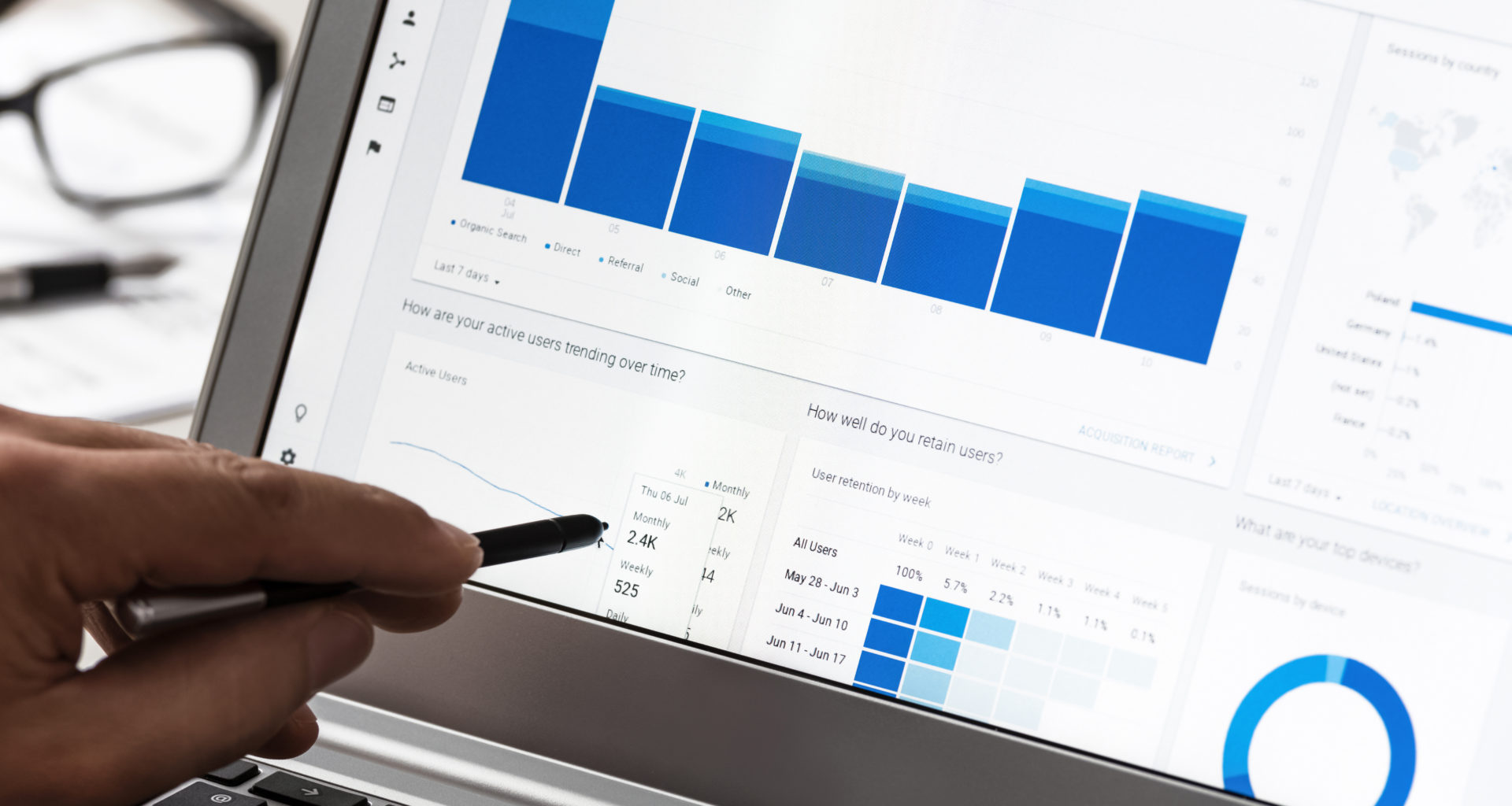March 2022 marked the two-year anniversary of the COVID-19 pandemic – a scary and isolating time for many. Businesses – even entire industries – were forced to shut down while hundreds of thousands of people stayed home to avoid viral spread. The unexpected event led to an even more unexpected boom in new businesses. In fact, furloughs, layoffs and other uncertain working conditions led to record-breaking numbers of business applications in 2020.
Between the forced downtime, government support programs and the growing number of online business platforms, millions of tech-savvy people chose to open their own business – 4.4 million to be exact, according to the Census Bureau.
As thousands of these startups continue to chug along, some of the lucky few will soon turn a corner, entering the next business stage: growth. The best practices you create and nurture in these initial phases can impact your business for years to come. And, one of the best ways to grow your business is through a solid digital marketing strategy – especially for the thousands of businesses that elected to launch some sort of online business.
The kicker? The digital marketing landscape has changed more in the last year than in the last decade, but don’t fret! Below are some of the latest updates to hit the industry that you should take advantage of ASAP to grow your business.
7 Simple Reasons Your Social Posts Are Falling Flat
Google’s page experience update
By now, many businesses realize the importance of getting online, which is why 89% of small businesses have a website. However, many make the mistake of building their website and then just leaving it, thinking it will appear in searches for years to come when, in fact, your website should evolve over time with respect to Google’s algorithm.
Google is a search engine that receives searches, crawls the web and spits out results. As part of Google’s efforts to improve the user experience, it regularly churns out updates to prioritize certain pages (better pages) over others – sort of like a survival of the fittest of the Internet.
This page experience update was put into effect last year and it’s all about (you guessed it) the page experience. This means that Google will prioritize websites that load faster, provide rich content and have screen stability. So, what changes can you implement immediately? Invest in a web host that helps your page to load quickly, provide users with quality content (an educational blog full of keywords, for instance), varied content (videos, pictures, graphics) – basically everything you’d hope to experience on a website yourself. The best part – Google doesn’t hide this info. You can test your site yourself via Google, generating a report that will dig deep into your site’s user experience performance.
Content Marketing in the Metaverse: Grow Your Audience With 3D, VR, and More
Optimizing for voice search
Now that we’ve got your website ready to show up higher in search results, it’s time to optimize your business for another popular search method: voice.
“Pizza delivery – open late.” “What are the best coffee shops in Chicago?” “Oil change near me.” Sound familiar? It should, because over 135 million people use voice search. Between the growing market for smart speakers, hands-free systems for cars, other smart appliances (TVs and fridges) and improvements to voice assistance via mobile, voice search will continue to grow. So, what does that mean for your business? You’ll need to start creating high-quality content with voice search in mind.
When Google crawls for voice search, it’s trying to answer a question. Format your content properly, using headers. Use bullet points whenever possible. Give concise answers to your audience – and use their language. You’ll also want to create a FAQ section listing out questions immediately followed with a high-quality answer. How do you know what questions your customers are asking? You’ll need to visualize your ideal customer, put yourself in their shoes and get creative.
Google Analytics upgrades
Every website has Google Analytics (GA) capabilities, which allow you to track different components of your website, like where traffic is coming from, which pages are visited the most and for how long. In short, GA allows you to track the movements of your site visitors, helping you to improve (and grow) your business.
Just this March, Google announced it will be retiring Universal Analytics (UA), prompting everyone to shift to GA4 to continue collecting this data. If you rely on tracking GA data for year-over-year insights, make the switch now (it’s free). Even though UA will be officially retired starting June 2023, you’ll need to start collecting GA4 data now so you can generate those annual reports. If you’re unsure of where to start – or maybe you’re unsure if you even have GA set up at all – it may be best to hand this off to a professional.
No matter what phase of the business life cycle you’re in, digital marketing is a crucial piece of the business growth puzzle. Understanding the basics of digital marketing while also being attuned to any changes rolled out by industry giants will give you a leg up on your competition and put you in a great position to build on an already strong foundation when your business is ready to support it.






